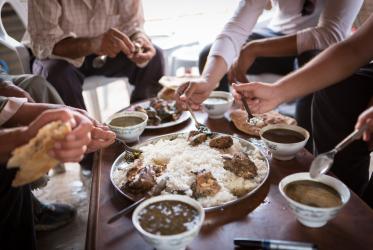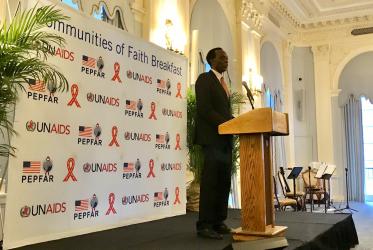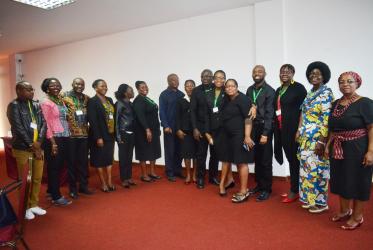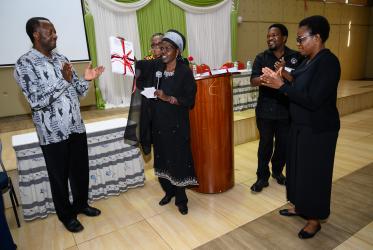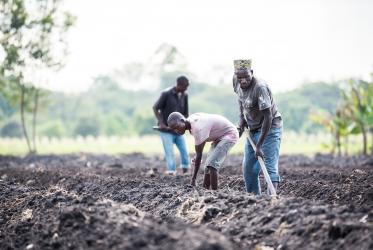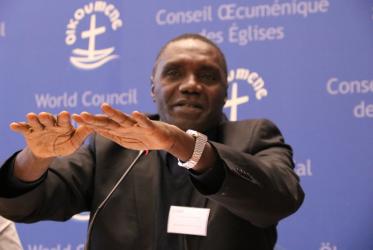Displaying 1 - 20 of 55
A faith-based, holistic approach to HIV and AIDS-care
13 March 2019
Faith and HIV treatment go hand in hand
06 March 2019
Agreement works toward food security in South Sudan
23 February 2019
Dr Cecile De Sweemer, the doer of God
30 November 2018
Pan African Women of Faith issue fervent Call to Action
20 November 2018
Worrying food shortages compel faith action
19 October 2018
Diakonia: “a tool to reach abundance of life”
24 July 2018



